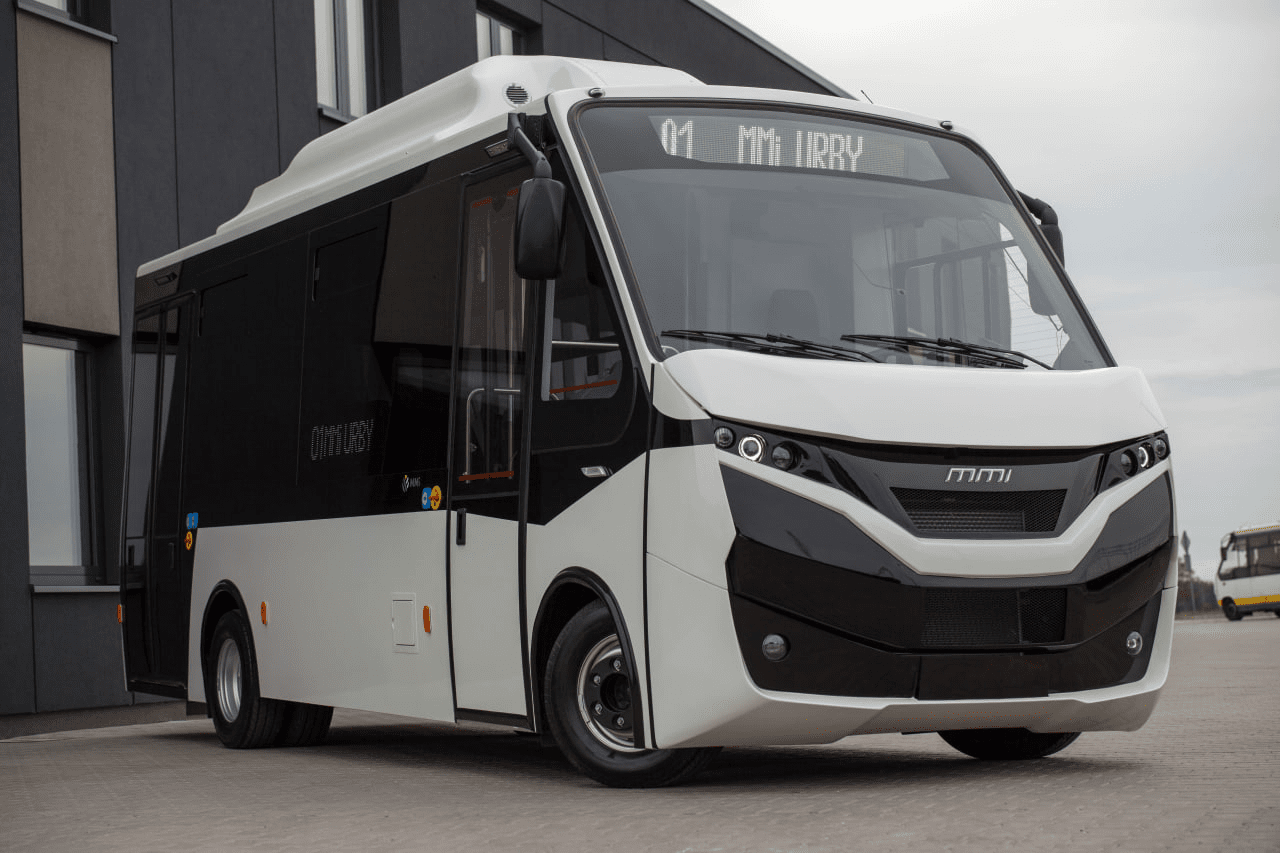Share This Article
Electric bus development is a promising field for Europe
MMI, a startup company from Poland, has received EUR 7.7 million in investment. The company’s field of activity is the development of electric buses and hydrogen vehicles. The leading investor in the startup was the Vinci SA fund, which focuses on providing financial support to Polish projects.
The fund belongs to the local bank, Gospodarstwa Krajowego. In addition to Vinci, the bank manages three other funds that operate in different directions:
- HiTech ASI supports technology companies;
- Da Gama ASI helps startups to enter foreign markets;
- IQ ASI focuses on supporting early-stage startups.
MMI plans to use the funds received to develop new electric bus models. Currently, the company offers three types of transport:
- low floor;
- normal floor models;
- with a low entrance.
It also plans to develop an electric minibus powered by hydrogen fuel cells. In addition, the company intends to build a new manufacturing facility to expand its vehicle production. This will strengthen its brand and demonstrate its potential to current and future customers.
MMI is paying particular attention to improving its powertrain, chassis and body structure. These components are increasingly in demand in the Polish and Western European markets.
According to Vinci’s Piotr Wolinski, the startup has excellent development potential. Its product meets modern demands for zero emissions. In the near future, MMI intends to present its development in Germany, Italy, and the Scandinavian countries. In time, the geography will be extended to other European countries.

Startup product relevance
It is worth noting that there are only a few manufacturers of electric buses in Europe. As for hydrogen-powered minibuses, only two companies are producing them in the region. MMI’s proposal, therefore, has every chance of being successful.
Buses are one of the most popular forms of public transport in cities. However, most of them run on diesel fuel, which pollutes the environment. The European Commission gives the following data on carbon dioxide emissions in the region:
- the emissions from heavy goods vehicles and buses account for more than 6%;
- city buses account for 25% of road transport emissions.
To tackle the problem, the EU government has adopted a new strategy to regulate CO2 emissions. According to the plan, by 2040, emissions will be 90% lower than in the 1990s. In this way, the EU aims to achieve complete carbon neutrality by 2050. One of the critical factors is the renewal of urban transport. With these targets in mind, MMI’s hydrogen and electric buses will be an excellent alternative to conventional public transport.

